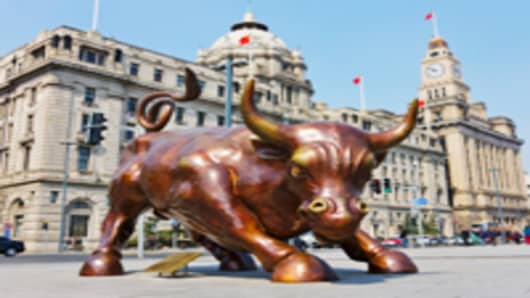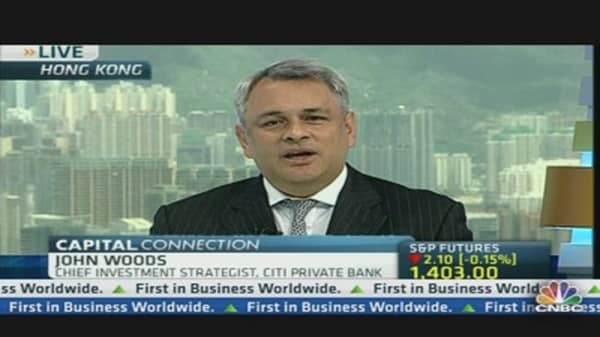As evidence has mounted that the Chinese economy is slowing, Beijing has kept the world on tenterhooks, delivering none of the big, headline-grabbing economic stimulus measures many analysts have predicted.
Two months have passed since the last interest rate cut, and it looks increasingly as if the Chinese government is biding its time, avoiding measures that could reignite another investment binge of the sort that sent prices for property and other assets soaring in 2009 and 2010.
The authorities are taking “a very reactionary, cautious approach,” said Wang Tao, China economist at UBS. “They do not want to repeat the excesses of last time.”
The latest sign of China’s flagging economic health came Saturday in the form of an official manufacturing-sector survey. This slumped more than expected, to 49.2 in August, falling below the level of 50 that separates expansion from contraction for the first time since late 2011.
A similar survey, which is published by HSBC and is more focused on smaller and medium-size enterprises, registered a similar deterioration. The final reading, released Monday, came in at 47.6, down from 49.3 in July.
In the euro zone, manufacturing contracted more than initially estimated in August, suggesting that the economy might struggle to avoid a recession in the third quarter, Bloomberg reported.
A gauge of manufacturing in the euro area based on a survey of purchasing managers was revised lower, to 45.1, from the reading of 45.3 estimated earlier, Markit Economics said Monday. The index, which stood at 44 in July, has held for 13 months below 50.
Many analysts took the indicators for China as a signal that policy makers would soon announce another cut in the reserve requirement ratio for banks, a step that would free up more cash for them to lend.
Some say Beijing may also cut rates to reinject momentum into an economy that has been battered by falling exports and a slowing domestic property market.
The authorities have not been sitting entirely idle in recent months. Project approvals have been accelerated, for example. However, more than eight weeks have passed since the last rate cut, while the reserve ratio requirement was last lowered in May. Increasingly, analysts think Beijing is playing for time before it resorts to more sweeping policy tools again.
In theory, inflation’s sharp fall in recent months — to a low of 1.8 percent in July — should give policy makers room to inject more energy into the flagging economy.
In practice, however, the authorities must still navigate a minefield of unintended consequences. More determined stimulus measures could help the economy regain momentum and resuscitate the investment demand that is crucial to China’s growth model.
But they also could produce nasty side effects of the sort that followed a huge stimulus package in the wake of the financial crisis in late 2008. Combined with lower interest rates and a flood of bank lending, the spending package helped the economy bounce back quickly in 2009. However, it also led to high inflation, soaring property prices and an increase in loans that could ultimately go sour.
The concern that property prices could once again flare up is probably one of the main factors prompting Beijing to delay more sweeping policy action for the moment, said Minggao Shen, a Greater China economist at Citi in Hong Kong.
At the same time, he said, policy makers in Beijing have signaled this year that they are more comfortable with the concept of slower — and ultimately higher-quality — growth. In March, the official growth target for this year was lowered to 7.5 percent, down from the 8 percent that had been set as a minimum target in recent years.
That slower pace has not yet produced large job losses of the kind that occurred in late 2008 and early 2009. That has given the Chinese authorities, who are in any case preoccupied with the once-in-a-decade leadership transition this autumn, the leeway to keep their stimulus powder dry for a little longer and wait for the effect that any policy changes in Europe and the United States might have on the global economy.
“Unemployment will be a key variable,” said Mr. Shen of Citi. “If the August data turns out to be really bad, we could finally see more determined policy action by Beijing,” he added, referring to a swath of official figures on the economy scheduled for release Sunday.




